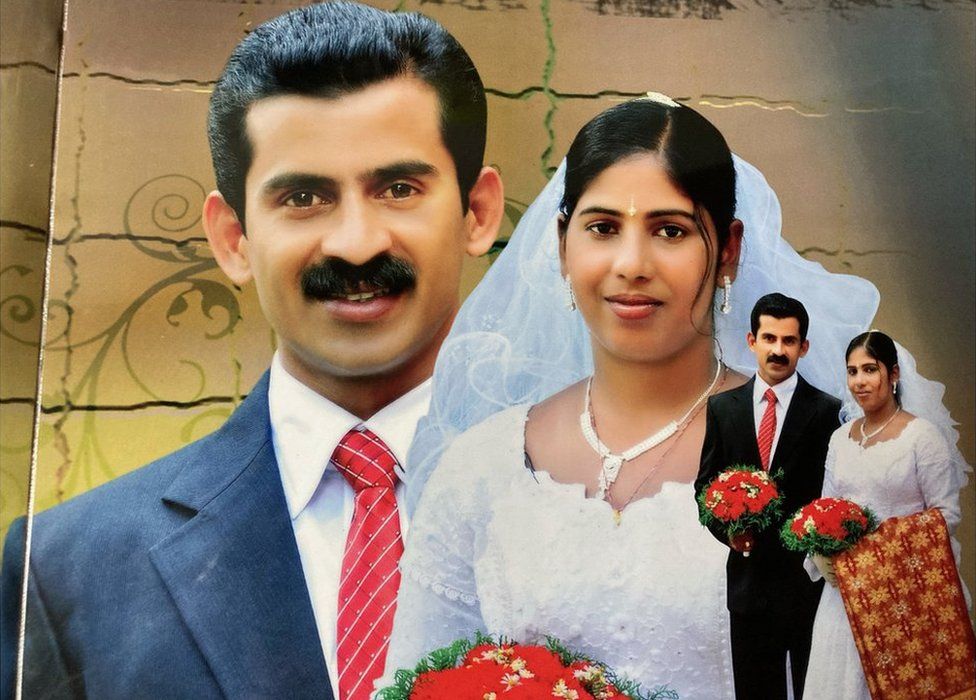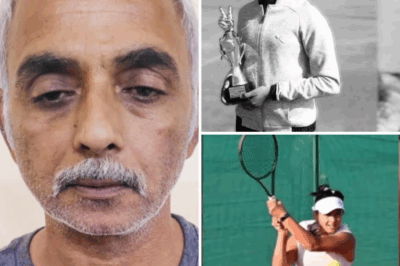Nimisha Priya’s story is one that shakes the soul—a tale of courage, desperation, and the harsh realities faced by many who seek a better life far from home. An ordinary nurse from Kerala, India, Nimisha’s life took an unimaginable turn when she was sentenced to death in Yemen, a country torn apart by war and complex laws. Set against a backdrop of political turmoil, cultural clashes, and human tragedy, her case has captured international attention and sparked a fierce debate about justice, mercy, and survival.

Nimisha grew up in a humble family in the village of Kolingad in Palakkad district, Kerala. Her parents were domestic workers, and though Nimisha had not completed her school exams, she dreamed of supporting her family financially. With the help of a local church, she completed nursing training and in 2008, moved thousands of miles away to Yemen, where she found work at a government hospital. Yemen was still relatively peaceful then, but the years ahead would bring war, unrest, and danger.
In 2011, Nimisha married Tommy Thomas, and they had a daughter. But by 2014, Yemen was engulfed in a brutal civil war. Rebels seized the capital Sana’a, and India advised its citizens to leave. Tommy and their daughter returned to India, but Nimisha stayed behind, determined to build a better future by opening her own clinic.

Here, Nimisha’s life changed dramatically. Yemeni law forbids foreigners from independently running businesses, so Nimisha partnered with a local man named Talal Abdo Mehndi. Initially cooperative, their relationship soon soured. Nimisha accused Talal of stealing her money, threatening her, confiscating her passport, and even abusing her, claiming he falsely presented himself as her husband. Though she reported him to the police in 2016, no help came.
In July 2017, Nimisha decided to reclaim her freedom. She and a fellow nurse administered a sedative to Talal, intending only to knock him out so she could retrieve her passport. Tragically, the dosage was fatal. Overwhelmed with fear, Nimisha and her accomplice dismembered Talal’s body and disposed of it in a water tank.
Her attempt to flee near the Saudi border failed, and in 2018, Nimisha was arrested. Two years later, a Yemeni court convicted her of murder and sentenced her to death. Nimisha insisted her intention was never to kill, only to free herself from Talal’s control. The Yemeni Supreme Judicial Council rejected her appeal in 2023, and by late 2024, Yemen’s president approved the execution order.
Yemen’s justice system operates under Sharia law, which includes the principle of Qisas—“an eye for an eye.” In murder cases, the victim’s family has the right to demand execution or accept “Diyya,” or blood money, to pardon the offender. Nimisha’s supporters offered Talal’s family $1 million (approximately 8.6 crore INR) to forgive her, but the family, particularly Talal’s brother Abduldel Fateh Mahadi Kasa, has been adamant. In interviews, Abduldel firmly rejected claims that Talal mistreated Nimisha and refused any settlement, demanding justice through execution.

The Indian government, activists, and religious leaders have been tirelessly working behind the scenes to save Nimisha. With Yemen’s complex and unstable political climate—especially as rebel groups control parts of the country—formal diplomatic channels have been limited. Nevertheless, through informal diplomacy, including mediation by influential Kerala Sunni religious leader Sheikh Kathapuram AP Abu Bakr Musliyar and Yemen’s renowned Sufi scholar Sheikh Habib Omar bin Hafiz, dialogue with Talal’s family has begun for the first time.
Nimisha’s mother, Prema Kumari, has spent the past year in Sana’a fighting to save her daughter. In a deeply emotional reunion after 11 years, she revealed Nimisha’s silent suffering behind bars. Nimisha herself continues to serve as a nurse inside prison, caring for fellow inmates and staying connected with her family through limited communication.

The upcoming hearing scheduled for July 18, 2025, in Yemen’s Supreme Court will be crucial. Until then, Nimisha’s supporters are making every effort to convince Talal’s family to accept blood money and grant clemency. However, the family’s public stance remains unyielding, with statements emphasizing retribution and rejecting pressure.
Meanwhile, the realities of Nimisha’s life and Yemen’s prolonged conflict add further layers of tragedy. Her husband remains in debt from loans taken to start the clinic, and her daughter lives away in a hostel, clinging to hope for her mother’s release. Yemen’s ongoing war has devastated millions, and the strained justice system reflects the country’s deep wounds.
Nimisha’s story raises difficult questions about justice, mercy, and the struggles of migrants caught in foreign legal systems amid conflict. Was she a victim trapped in a nightmare, or accountable for a fatal mistake? Can diplomacy and compassion save her, or is this destined to end in tragedy? This case is not just about one woman—it echoes the hopes and fears of countless others who leave home seeking a better life.
As the world watches closely, Nimisha’s fate hangs in the balance. The outcome could mark a powerful moment of mercy—or a heartbreaking loss that reminds us all of the fragile line between survival and justice.
News
A Mother Beyond Blood: Mahhi Vij Opens Up About Raising Khushi and Rajveer Like Her Own Ask ChatGPT
Sometimes, it’s not blood that defines family, but love, compassion, and the willingness to open your heart when it’s least…
At 90, Dharmendra Finds Solace in Farming Away From Family: A Look Into His Peaceful Farmhouse Life
At 90 years old, Bollywood legend Dharmendra has chosen a life far removed from the hustle and bustle of Mumbai’s…
New Love or Just Lights, Camera, Action? Rumors Swirl as Shefali Bagga and Faisu Spark Dating Buzz
Social media has been buzzing with speculation, curiosity, and a fair bit of confusion after internet star Faisal Shaikh—better known…
Once a Star, Now Forgotten: Beloved TV Actress Found Disoriented on Streets of Bengal
In a heartbreaking twist of fate, a once-famous face from Bengali television and film has resurfaced under circumstances that have…
A Father’s Confession: The Shocking Truth Behind Radhika Yadav’s Murder
When the news broke that 25-year-old tennis prodigy Radhika Yadav had been killed by her own father, the nation reeled…
After 40 Years of Marriage, Anupam Kher Opens Up About the Pain of Never Having a Child of His Own
For over four decades, Bollywood legend Anupam Kher has stood tall as one of Indian cinema’s most respected and versatile…
End of content
No more pages to load












